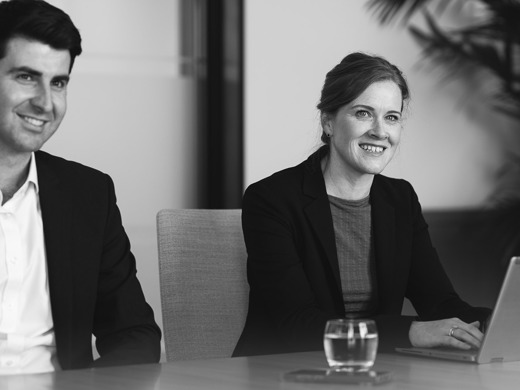An outlook on outcome related fee structures and third-party funding in Hong Kong
- International arbitration




In early 2021, Burford provided commentary on the Law Reform Commission of Hong Kong’s report on “Outcome Related Fee Structures for Arbitration”, which introduced reforms that would lift the prohibitions on the use of outcome related fee structures (ORFS) by lawyers in arbitrations and related court proceedings. Nearly a year later, Hong Kong has enacted framework legislation that introduces legislatives amendments aimed at allowing ORFS in proceedings, and it is expected that ORFS subsidiary legislation fleshing out further details of the new regime will come into force shortly, allowing lawyers to charge for arbitration cases under a “no win, no fee” and “no win, low fee”.
The anticipated ORFS reforms will enhance Hong Kong’s long-held position as a preferred arbitration seat, improve the options available for counterparties and further develop Hong Kong’s third-party funding regime.
Below is an update on the ORFS legislation and its expected impact on the financing of arbitration proceedings—a topic likely to be at the forefront of discussion at Hong Kong Arbitration Week.
By allowing OFRS, Hong Kong joins major arbitral seats including London, Paris, Geneva, New York and Singapore, all of which allow ORFS to varying degrees.
The reforms benefit lawyers and clients alike as they support freedom of contract between lawyers and clients. As a result, clients can expect more flexible pricing and lawyers in Hong Kong will be able to compete on a level playing field with international peers.
The adoption of the OFRS reforms will strengthen Hong Kong’s third-party funding regime—in place since 2017—by increasing funding options available to end users of arbitration.
The reforms would lift the restrictions on the use of three different types of agreements between lawyers and clients:
With the availability of conditional fee agreements, law firms will be able to provide clients with greater access to counsel and tribunals and remove economic hurdles preventing meritorious claims from being brought.
Given the additional arbitration funding opportunities the reforms introduce, both law firms and clients should be aware of the two most common financing solutions available: Fees and expenses and monetization.
By financing the fees and expenses associated with pursuing investor-state and international commercial arbitration claims, claimants can recover the asset value locked up in these matters without incurring the significant upfront costs or downside risk of pursuing them.
For parties looking to accelerate the timing of a pending arbitral award or judgment, monetization is a preferable solution. Under a monetization arrangement, the funder provides a non-recourse advance on the pending legal asset, effectively removing the downside risk and accelerating the timing and flow of cash awards.
In addition to financing high-value arbitrations, Burford is the only legal finance provider to additionally offer insurance against adverse costs and asset recovery and enforcement services when judgment debtors fail to pay.
Over the last five years, Burford’s team in Hong Kong and Singapore has received numerous funding inquiries from the region. As the largest and best capitalized provider of legal finance with a track record of funding alternative fee arrangements globally in jurisdictions where these arrangements are widely accepted, Burford is well positioned to provide legal risk management and financing solutions to law firms and their clients.
Emily Tillett will be speaking on the panel “Arbitration and alternative fees: New landscape, new opportunities?” on October 26th during Hong Kong Arbitration Week. Learn more about the panel here. 2022 Hong Kong Arbitration Week is scheduled to take place from 24 - 28 October.